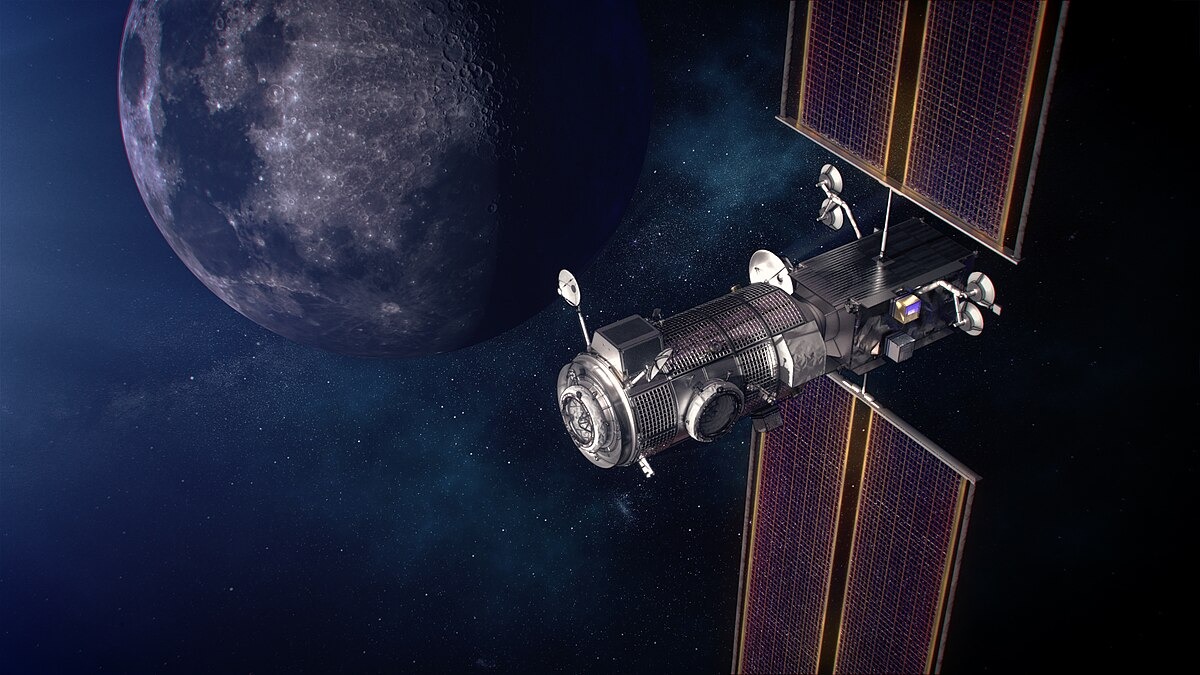Humanity has a somewhat biased distrust of artificial intelligence in space. And not primarily thanks to cinema, but precisely because of the film “2001: A Space Odyssey” about artificial intelligence, which rebelled against astronauts. However, NASA is more optimistic, and they see artificial intelligence as an assistant, as in the movie “Interstellar”. The use of robots has great advantages for both manned and unmanned space missions. To this purpose, NASA is developing a system that will allow astronauts to perform maneuvers, conduct experiments and other actions using a natural-language interface similar to ChatGPT, The Guardian reports.

Dr. Larissa Suzuki, who spoke at the IEEE conference on next-generation space communications, explained exactly how the interaction would take place. “The idea is to get to a point where we have conversational interactions with space vehicles and they [are] also talking back to us on alerts, interesting findings they see in the solar system and beyond. It’s really not like science fiction any more,” explained Larissa Suzuki.
NASA plans to implement this system on Lunar Gateway, an orbiting space station that will orbit the Moon and support NASA’s Artemis mission. This system will use a natural-language interface, which will allow astronauts to receive tips on experiments or perform maneuvers without having to dive into complex instructions, wasting precious time.
On a special page encouraging small businesses to support Lunar Gateway, NASA notes that artificial intelligence and machine learning technologies are required to manage various systems, even when they are not busy. This includes autonomous scientific cargo operations, prioritization of data transmission, gateway management, and autonomous operations.
For example, Suzuki describes a scenario in which the system automatically corrects errors and improves interference during data transmission, as well as helps with orientation in space.
Earlier, we reported on how Google lost USD 100 billion due to the issue of James Webb.
Follow us on Twitter to get the most interesting space news in time
https://twitter.com/ust_magazine

